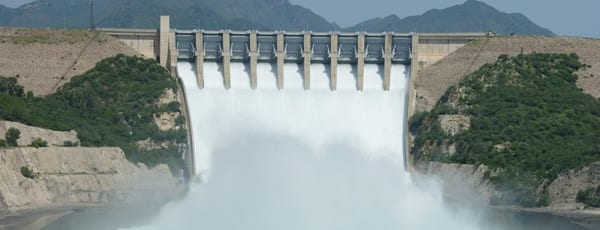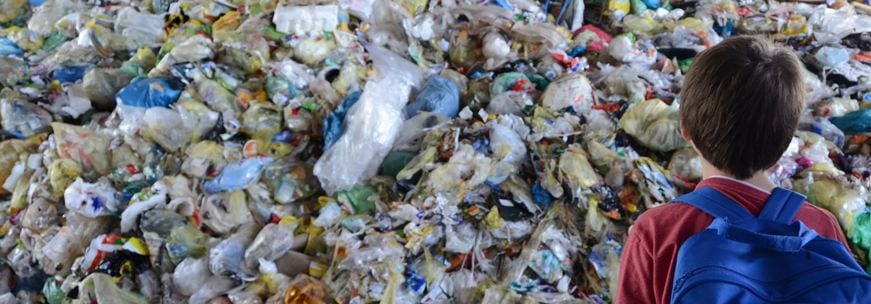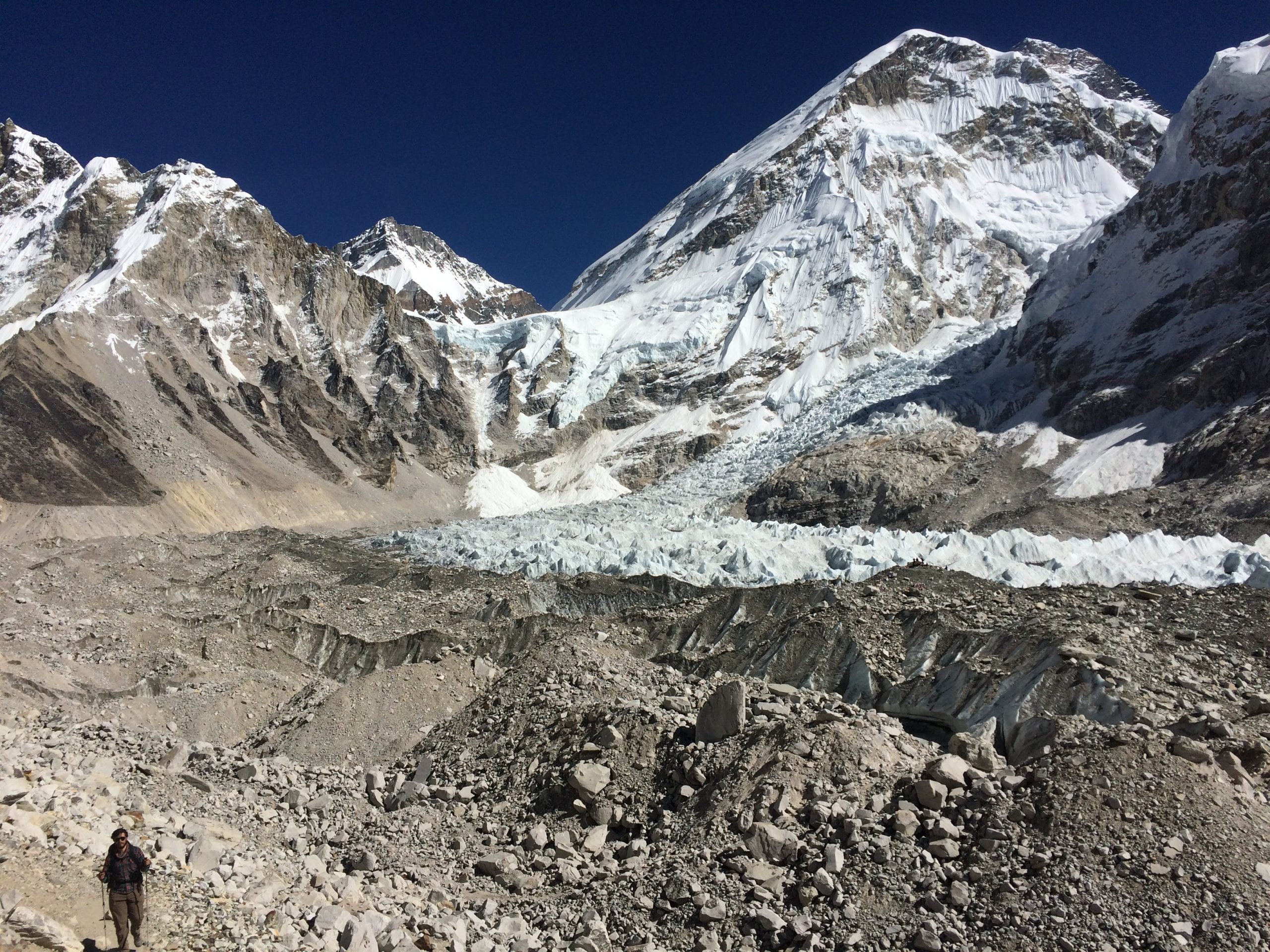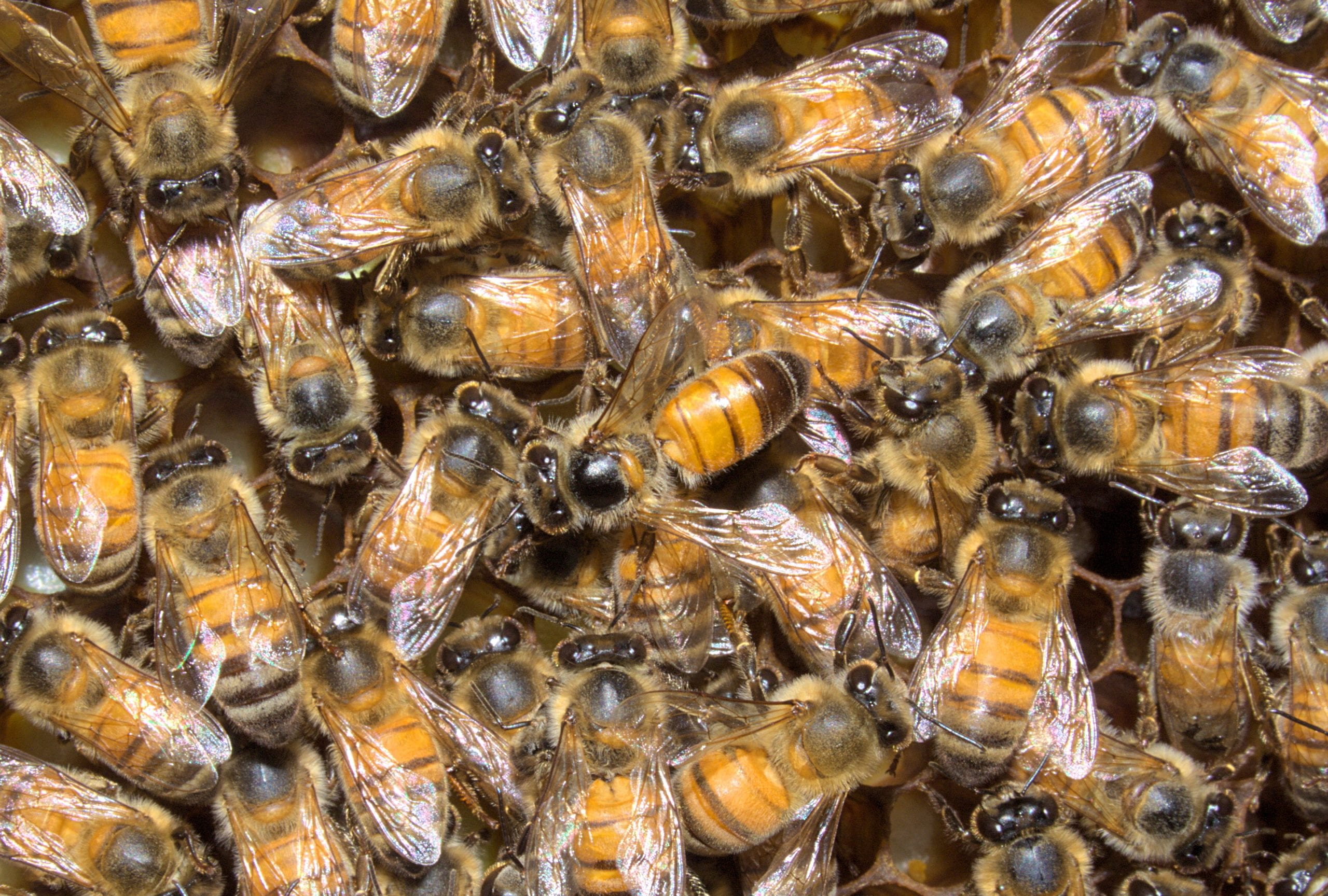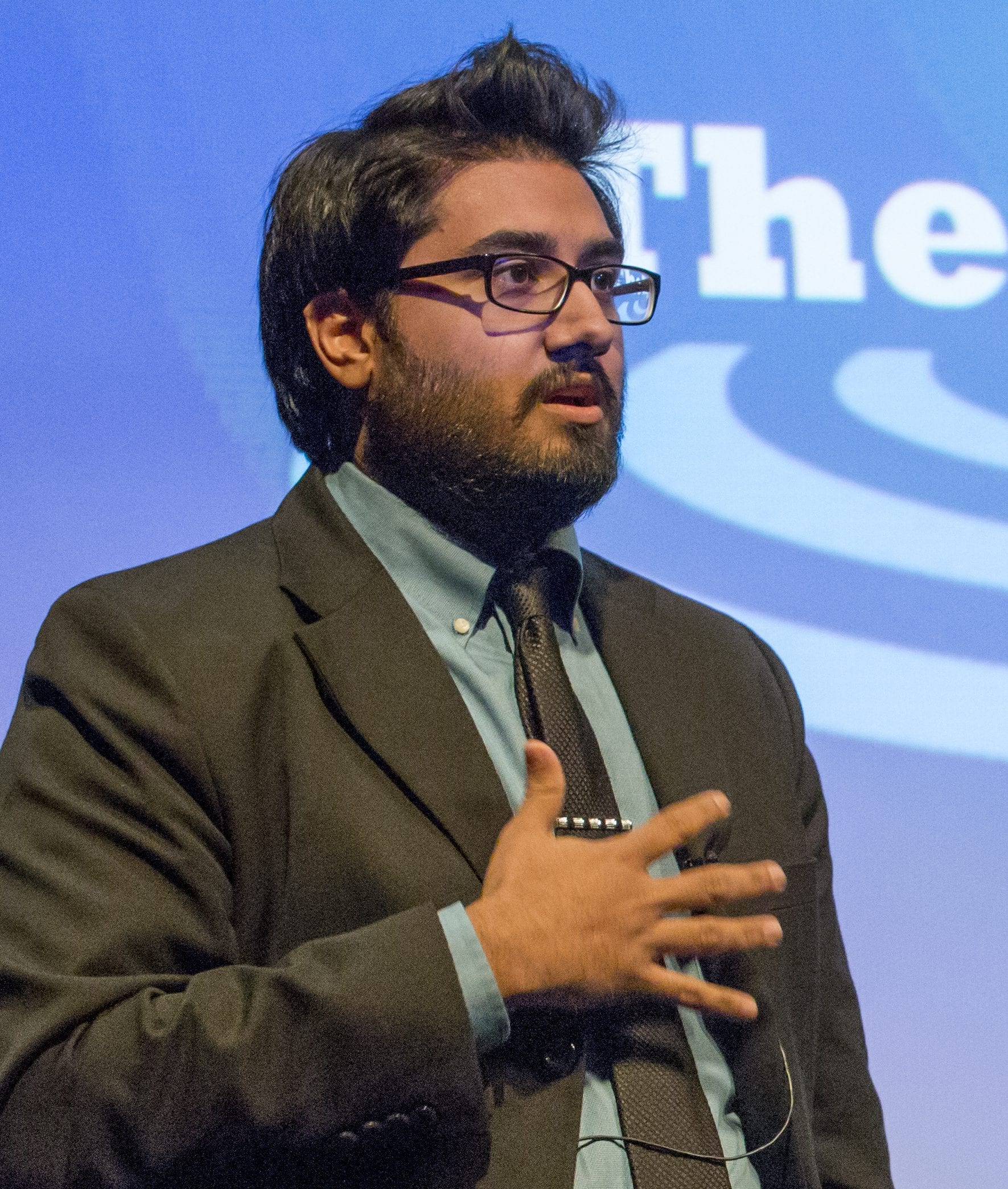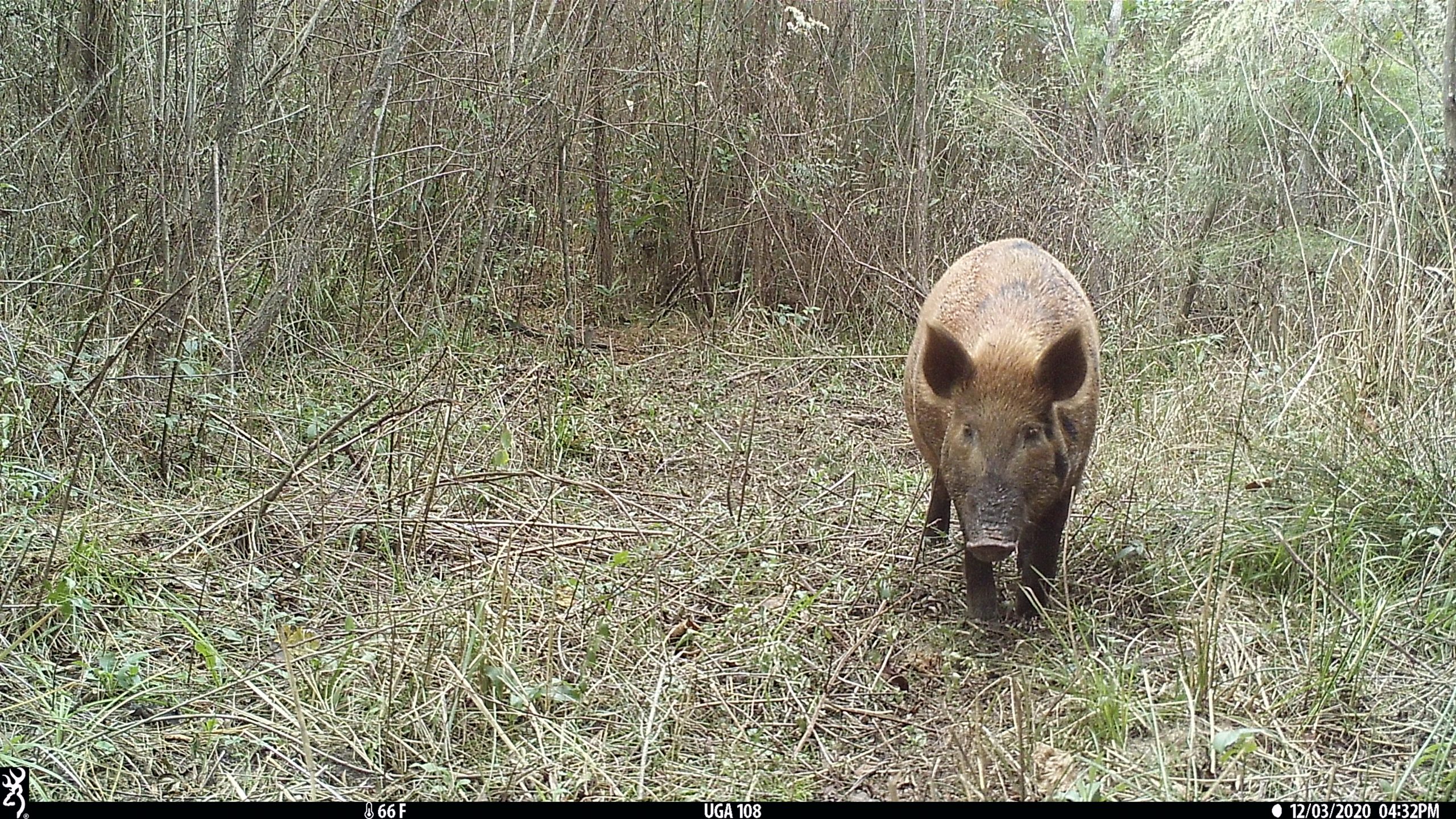
Sus scrofa: The Notorious Sibling of the Pig Family
When you think of farm animals, what comes to your mind? Cows, chickens, pigs, goats, sheep, horses, and so on? Each animal on the farm serves a key role in providing us with food or resources to use. But before we industrialized and invested into the farming industry, these animals were found in the wild.


